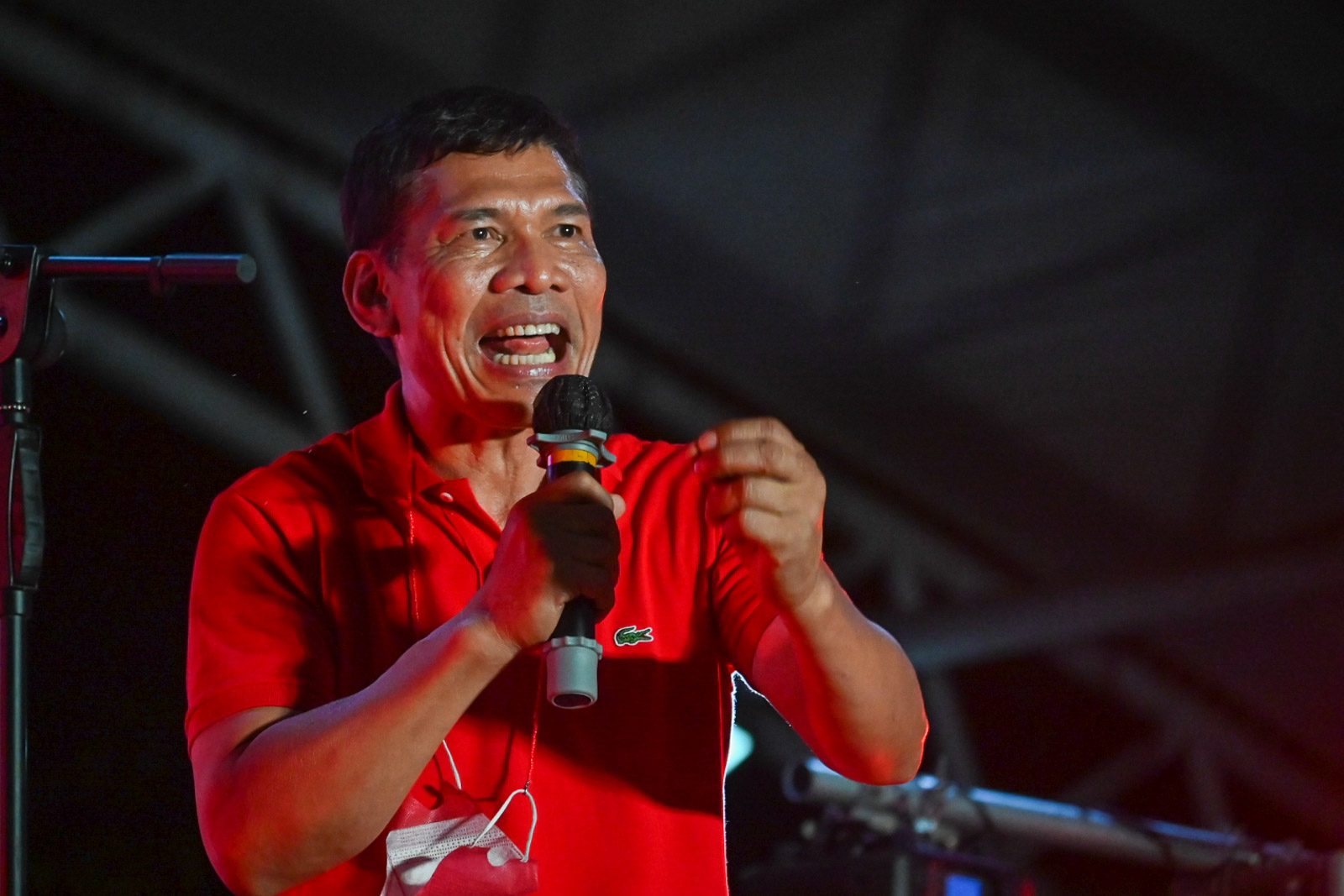Leody de Guzman Pushes for National Wage Equality: “Same Work, Same Pay”
In a bold and timely statement, labor leader and senatorial candidate Leody de Guzman has called for equal minimum wages across all regions in the Philippines — a proposal that could drastically reshape the lives of Filipino workers.
During his appearance on the “2025 Senatorial Interviews” with veteran host Boy Abunda, De Guzman questioned the deep wage gap between Metro Manila and the provinces. At present, workers in the National Capital Region (NCR) receive ₱645 per day in the non-agriculture sector, while those in rural areas earn significantly less — in some regions, even under ₱400.

“There is no substantial difference in the cost of living or taxes between the city and the province,” De Guzman said. “So why should a worker doing the same job be paid less just because of geography?”
As a long-time labor advocate, De Guzman argued that wage inequality is not only unjust — it’s also a driver of poverty, inequality, and urban congestion. He pointed out that low provincial wages often force workers to leave their families behind and seek higher-paying jobs in Metro Manila or abroad, further straining families and overpopulating cities.
Equalizing the minimum wage, according to De Guzman, could help bridge the wealth gap, slow down internal migration, and boost local economies by empowering rural workers with better purchasing power.
The proposal has sparked intense discussion on social media and in labor groups. Supporters believe it’s a long-overdue reform that would bring dignity and fairness to millions of underpaid workers. “It’s 2025 — why are we still justifying wage discrimination based on location?” one user commented.

Critics, however, argue that forcing businesses in provinces — especially small and medium enterprises (SMEs) — to match Metro Manila’s wages could lead to layoffs or closures. “The economy in the provinces cannot sustain the same wage level,” said a spokesperson from a regional business chamber. “This needs careful consideration.”
Still, De Guzman remains firm. “We can’t continue tolerating a system that punishes people just because of where they were born or where they work. Equal work deserves equal pay.”
His proposal is expected to be a major talking point leading up to the 2025 elections, as more candidates begin outlining their economic platforms. For now, De Guzman’s message is clear: the Filipino worker, regardless of region, deserves justice and respect.
News
The Shocking Truth Behind Tom Rodriguez’s Sudden Collapse
The Shocking Truth Behind Tom Rodriguez’s Sudden Collapse Tom Rodriguez’s recent health scare has left fans and loved ones in…
A Joy Turned Into Fear: Ria Atayde’s Health Scare After Giving Birth
A Joy Turned Into Fear: Ria Atayde’s Health Scare After Giving Birth The arrival of a baby is supposed to…
Jillian Ward Speaks Out: Pregnant Again, But What Shocked Everyone Was…
Jillian Ward Speaks Out: Pregnant Again, But What Shocked Everyone Was… In the ever-buzzing world of showbiz, every announcement is…
The Shocking Revelation That Tore the Aquino Family Apart: Bimby Aquino’s Secret
The Shocking Revelation That Tore the Aquino Family Apart: Bimby Aquino’s Secret The Aquino family has always been in the…
Gretchen Barretto’s Refusal to Bless the Wedding: A Family Storm in the Making
Gretchen Barretto’s Refusal to Bless the Wedding: A Family Storm in the Making The story of Gretchen Barretto, a prominent…
Alden Richards Sparks Frenzy with Mysterious IG Story About Kathryn Bernardo – Is There More Than Friendship?
Alden Richards Sparks Frenzy with Mysterious IG Story About Kathryn Bernardo – Is There More Than Friendship? It started with…
End of content
No more pages to load












